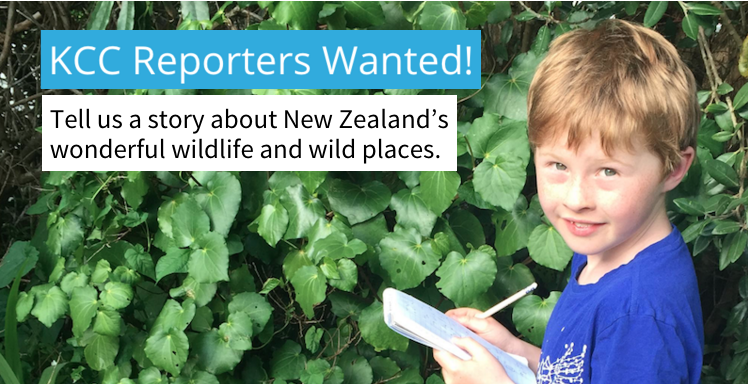What’s happened to our freshwater?
Over the last 30 years our freshwater has been slowly getting more and more polluted. Our farms are increasing the number of cows and the amount of fertiliser they use. Our towns and cities have also been growing and at the same time our government and regional councils done a poor job of looking after our lakes and rivers. Many of them are no-longer safe for us to swim in and this also means that they are unable to support much of the aquatic life that is dependent on them.
How is our fresh water being polluted?
Nitrogen and phosphorus are nutrients that farms use in their fertilisers to encourage the growth of plants in their pastures or crops. Unfortunately not all of them are used by the plants and the rest trickle down through the soil and are washed down into our rivers and streams. Too many nutrients aren’t good for our rivers. Fast growing freshwater plants like algae can quickly spread across the surface of the water making it very difficult for our fish and other freshwater creatures to live.
When new houses and services are built in our towns, the ground needs to be dug up and the soil which contains lots of nutrients, especially phosphorus, can wash down and clog up the beds of the streams and rivers as it makes its way out to sea.
So what can we do?
We now have the chance to tell the government what they need to do to return these favourite swimming spots back to health and have them once again teaming with life but we don’t have much time!
From now until 5pm on April 22nd the government is considering all the different reasons and ways that our freshwater needs to be protected. Go to our freshwater submission page and email them our message or send in your own. Maybe you and your friends can get together and make a poster to tell them what the streams, rivers and lakes or wetlands around where you live mean to you and why they need to be cleaned up and protected from now on. See how many creative ways you can get your message across and send it in to Freshwater Consultation 2016, Ministry for the Environment, PO Box 10362, Wellington 6143







